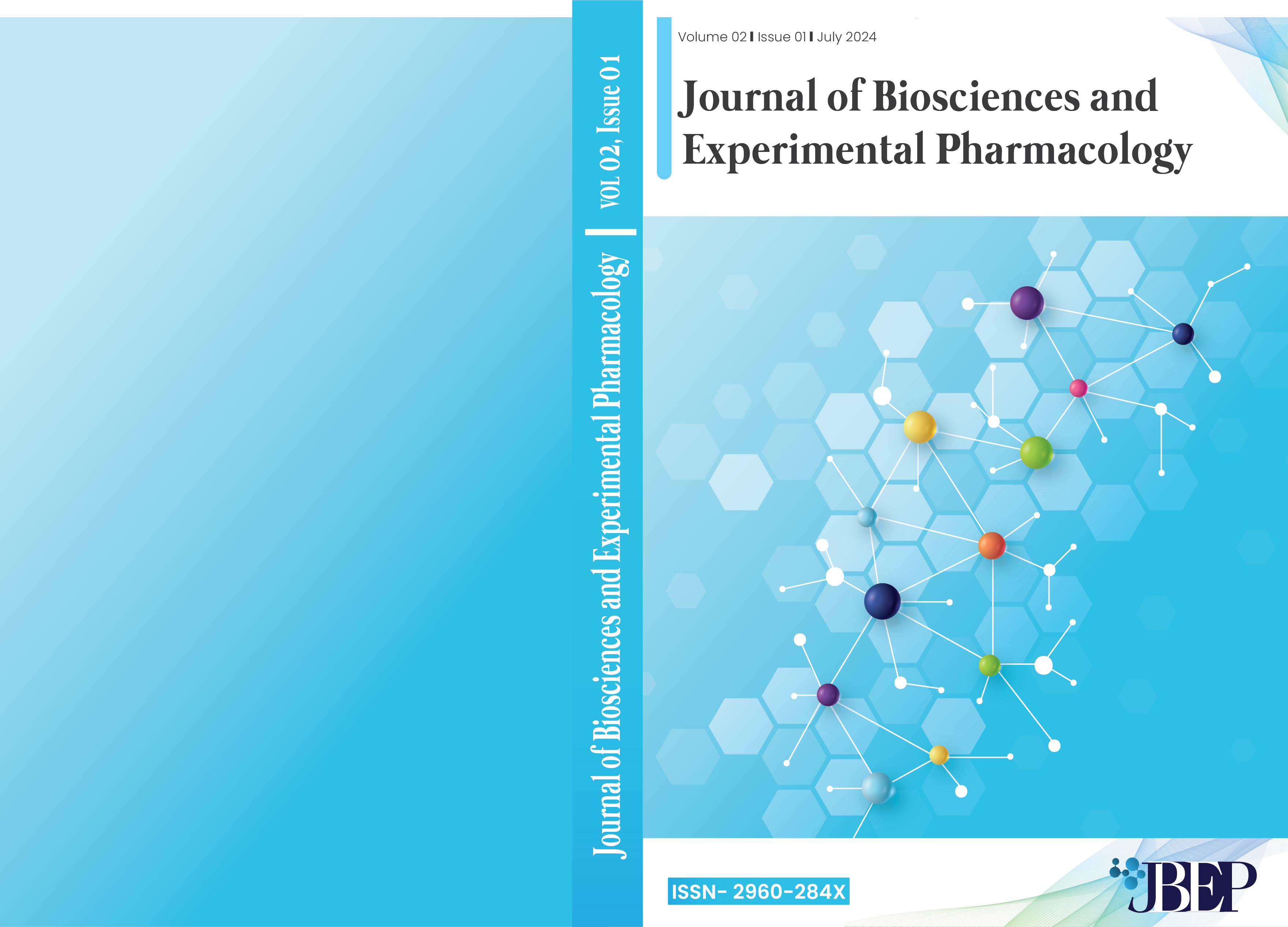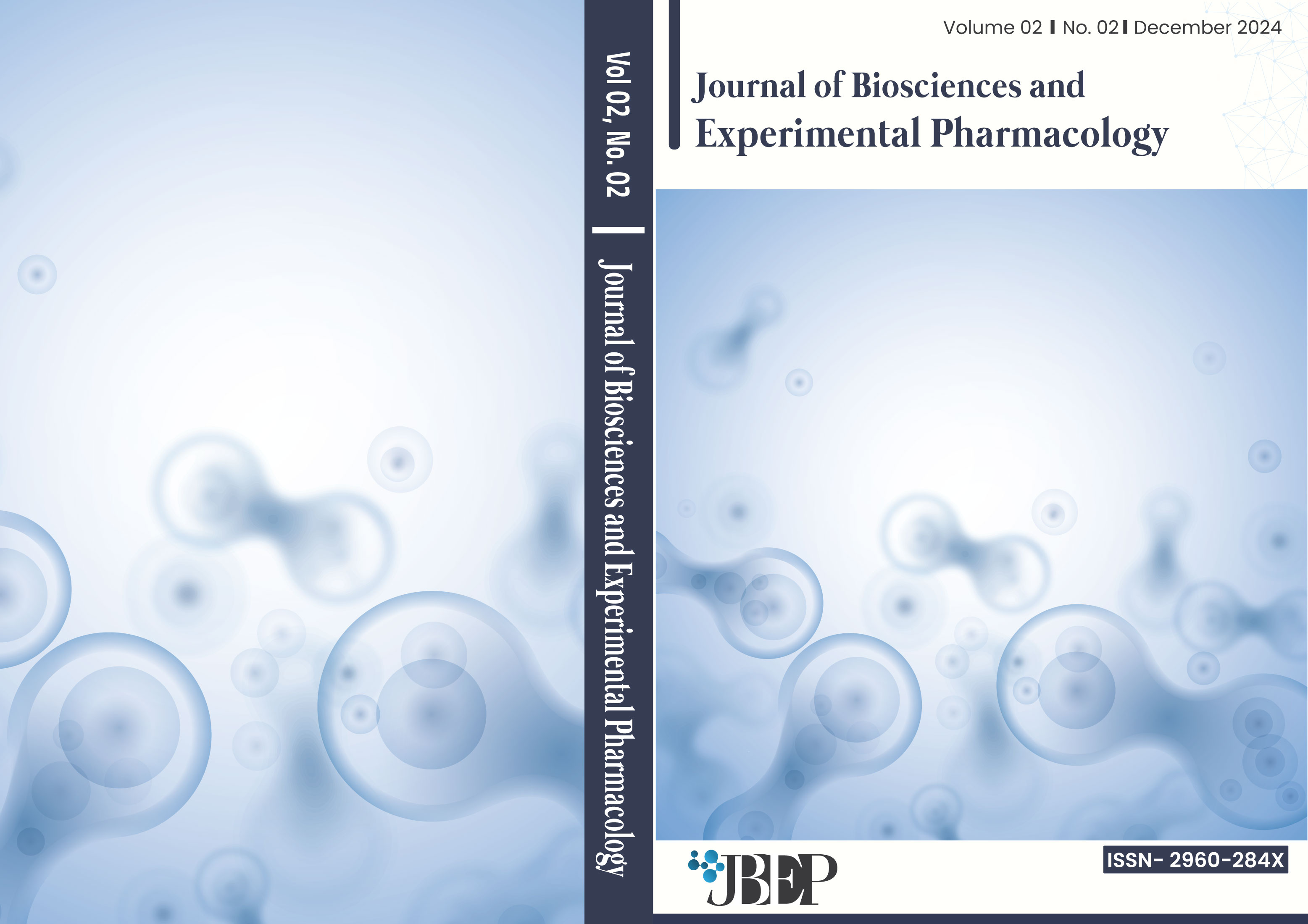Original article | Open access | J. Biosci. Exp. Pharmacol. 2024, 2(1), 01–13. |
https://doi.org/10.62624/JBEP00.0007
Metal Complexes as Chemotherapeutic Agents for the Treatment of Cancer
Abstract
Metallic substances have been used for the therapeutic purposes since ancient times. Serendipitous discovery of cisplatin as an anticancer agent apparently initiated the use of metal complexes as chemotherapeutic agents for the treatment of cancer. Later on, many other metal complexes such as gold, silver, ruthenium, arsenic, titanium, manganese, palladium, gallium, aluminum, etc. has been investigated, studied and approved for cancer treatment. Many metal complexes have been synthesized by redesigning existing drug models through metal-ligand exchange or by developing an entirely new drug with enhanced cytotoxic activity and safety profile. Metal-based anticancer drugs offer distinct characteristics over other chemotherapeutic agents. These characteristics include forming DNA adducts, redox activity, photodynamics of metal coordination complexes, selective targeting, protein binding, metal-ligand exchange, structure and bonding. Herein, we have reviewed metal complexes as chemotherapeutic agents, general mechanism of cancer cell killing pathways of metal complex anticancer agents, superiority of metal complexes over other anticancer agents, etc.

